Franchise disclosure documents are written for owners, not guests. But Hyatt’s internal Hyatt Place Franchise Document lays out, in black and white, how important World of Hyatt members are, what hotels pay on your stay, and – effectively – why owners really have so much latitude in how they treat elites.
World of Hyatt Is Half The Hyatt Place Business
Hyatt tells prospective owners that *more than half* of Hyatt Place revenue now comes from program members. Across all Hyatt Place properties (“Covered Hotels”):
- 51% of revenue comes from World of Hyatt members
- Members occupy 42.4% of room nights, roughly 15,331 nights per hotel per year

For franchised Hyatt Place hotels, the averages are almost the same: 50.7% of revenue and 42.0% of room nights, about 15,267 member nights per property.
Why is this?
- Members value their Hyatt points and status, so they stay at Hyatt Place over other properties. And they do so even when it’s less convenient and more expensive.
- At the same time, anyone going to Hyatt.com can get a slightly lower rate by joining the program. This creates a lot of noise in the data – is it Hyatt members preferring Hyatt Place, or people booking Hyatt Place becoming members to save money as a one-off?
Hyatt also tells owners what the typical Hyatt Place looks like financially. Franchised hotels run 72% occupancy at an average daily rate of $158.98, for RevPAR (revenue per available room) of $114.45.
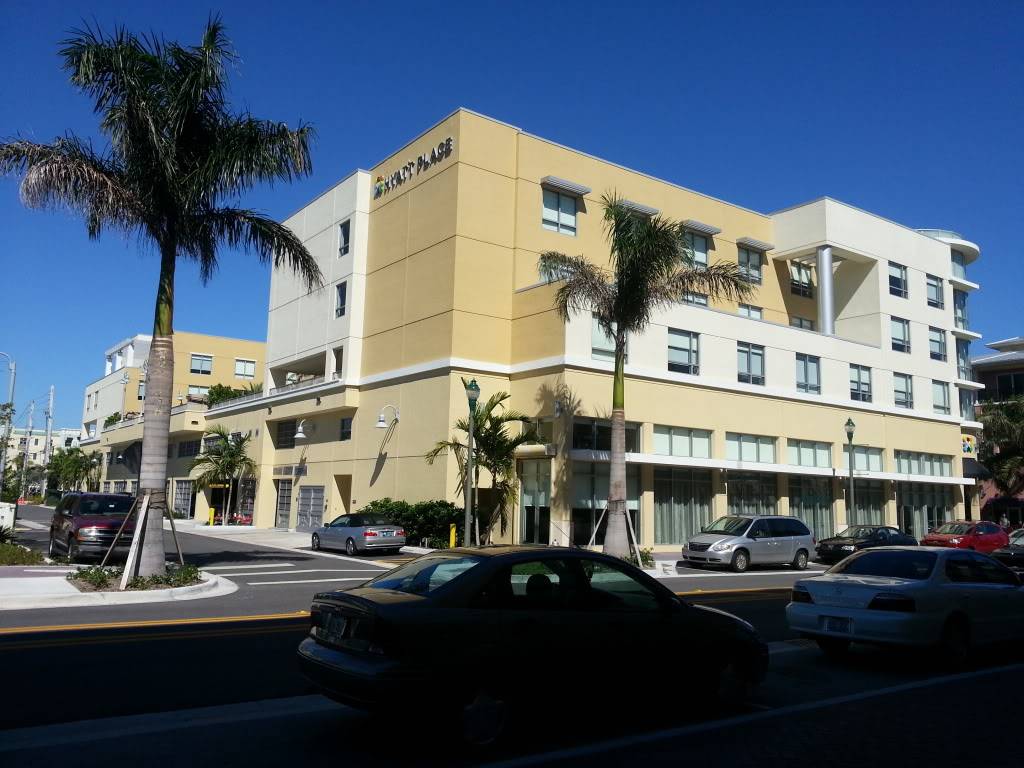
What Hyatt Skims Off Your Stay
Hyatt lays out all of the brand-level fees an owner pays for each dollar of room revenue. For Hyatt Place, the big ones are:
- 5% Royalty Fee on Gross Rooms Revenue
- 3.5% Commercial Services Fee — covers brand marketing, central reservations, revenue management tech, sales infrastructure, property management system hosting, and Hyatt.com / app infrastructure
- 2% – 4% World of Hyatt assessment: 4% of “eligible revenue” from stays by members who provide their number when booking and 2% for guests who enroll on-property.
- 1.35% Digital Acquisition Fee on Gross Rooms Revenue booked through Hyatt’s own digital channels (Hyatt.com and the app)
- ~$8.50 per reservation for GDS and other third-party reservations systems, passed through at cost to the hotel
For 2024, 60.3% of Hyatt Place revenue came from “Direct Channels” (Hyatt.com/app, global reservations centers, electronic group rooming lists) and 39.7% came from “Indirect Channels” (GDS and online travel agencies).
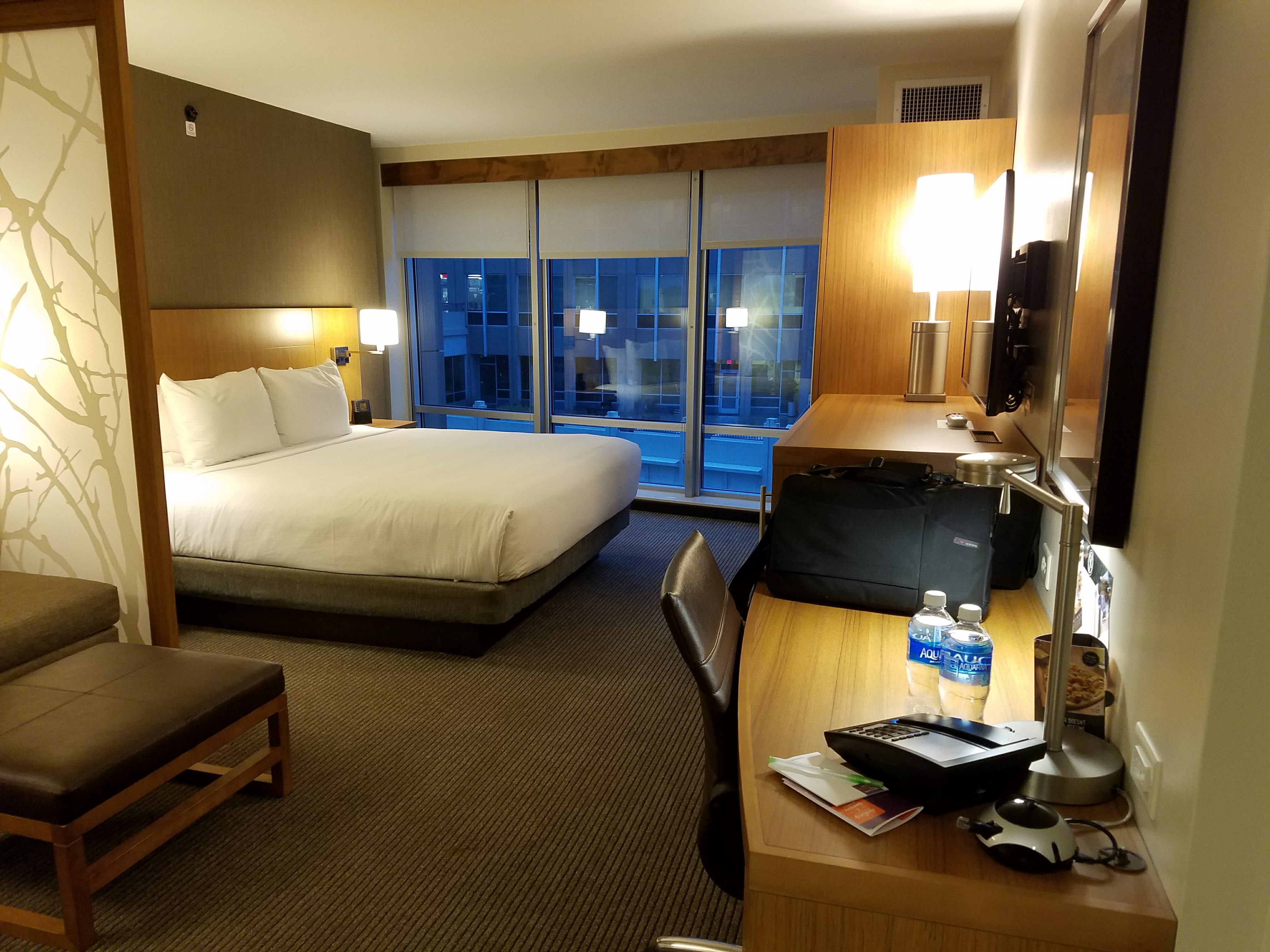
How Hyatt Actually Runs The Loyalty Program
To an owner, World of Hyatt is a line item. Hyatt spells out how it’s funded and where the money sits. A 2023 tax court ruling gives more of the backstory.
- Each hotel pays a 4% assessment on eligible revenue from World of Hyatt members, or 2% on the enrolling stay when a guest signs up on property.
- All funds collected for the loyalty program — including point sales and related fees — go into segregated accounts. Hyatt invests a portion in marketable securities, primarily fixed-income, run by independent investment managers.
- Those funds are used to cover all marketing, administration, and award redemptions for the program.
- An independent accounting firm audits the loyalty program annually. Hyatt tells owners they can request copies of those audit reports.
- When you choose airline miles instead of points, the hotel is told it must pay the actual cost of those miles that the airline charges Hyatt.
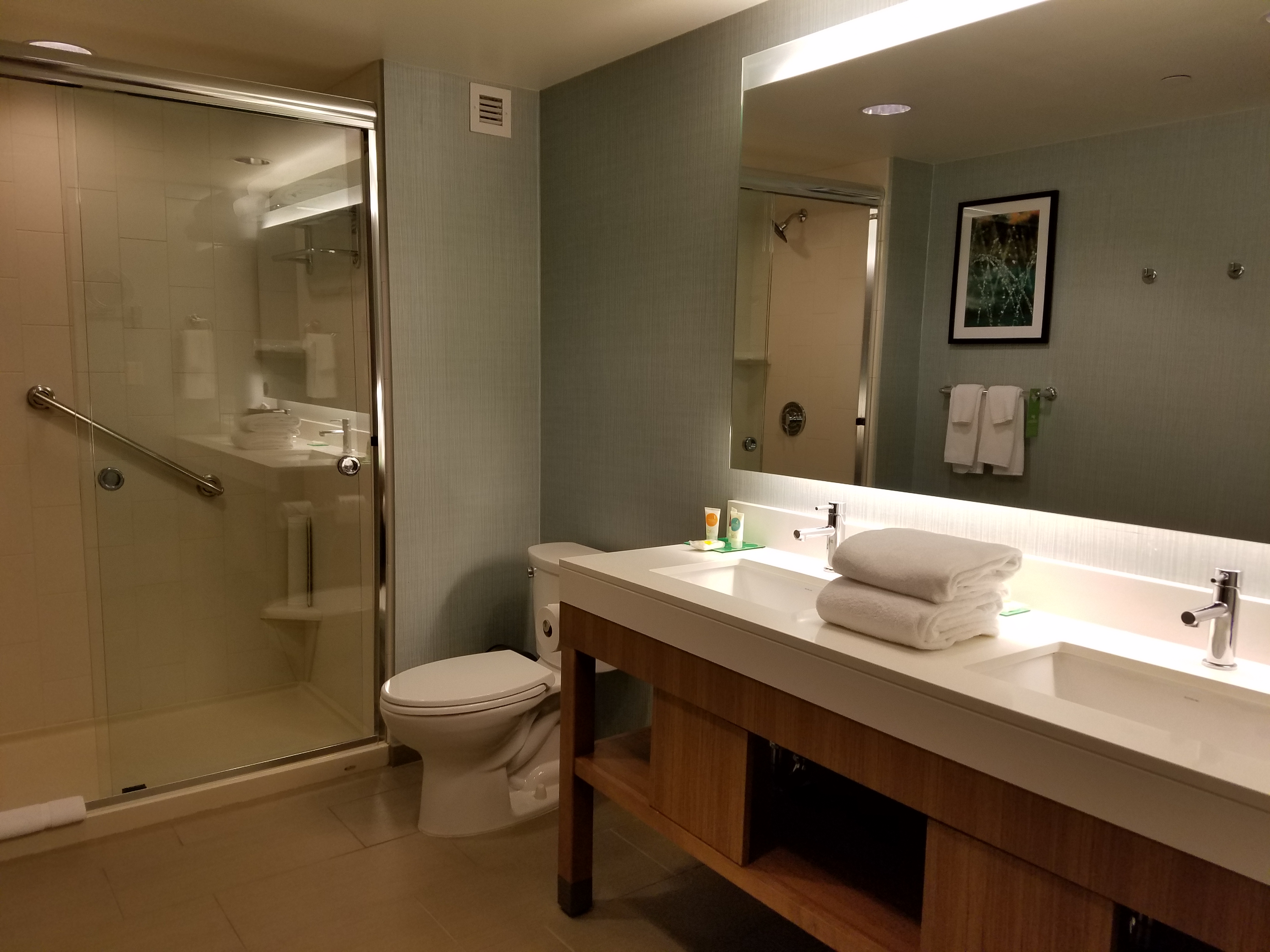
Owner Incentives For Elite Treatment — Tragedy Of The Commons Versus Hyatt’s Soft Stick
From the owner’s perspective, elites are both valuable and expensive. And maintaining treatment is a classic commons problem.
Hyatt is very clear that World of Hyatt is the core customer base. Roughly half of Hyatt Place revenue comes from program members, but a disproportionate amount of that comes from frequent guest versus one-off customers who join the program for a single stay.
They’re worth treating better – at least, they would be, if the same entity was bearing the cost of treatment and the benefit of their revenue. However,
- The benefit of a loyal Globalist is spread across the entire Hyatt ecosystem over years.
- The cost of honoring elite benefits on a given night — room upgrades, late checkout, breakfast (now that it’s not provided to every guest at every Hyatt Place), extra staffing time — is borne almost entirely by that night’s property.
That’s classic tragedy-of-the-commons economics. If a hotel cuts corners on elite benefits, they still get the guest night. They want the guest without the cost. The long-run cost of that behavior shows up in the loyalty program as a whole, not just at that one property.

And that’s why there are standards that franchises are obligated to follow, at least in theory. Hyatt runs a formal Quality Assurance and Compliance Program. Properties must participate in inspections, guest satisfaction initiatives, and data security and best rate guarantee programs.
When a hotel underperforms on QA scores (which include guest satisfaction), it’s placed into Focused Improvement Policy protocols. Hyatt charges escalating administrative fees per 6-month stage of that program:
- Stage 1: $5,000
- Stage 2: $15,000
- Stage 3: $20,000
If the hotel is still failing after Stage 3, it enters the Brand Protection Program and pays $45,000 per year in additional fees, plus the cost of extra training, inspections, and guest recovery actions. Hyatt can reduce or refund these fees up to 100% if the property fixes its issues quickly, but the financial threat is contractual.
They also conduct training and sell owners on the valu eof compliance based on how much incremental revenue comes from members, and how much of their business is coming direct versus OTA or GDS. Put together, this is Hyatt trying to fix the commons problem with contract and cash:
- Hotels are required to honor brand standards, including elite benefits
- If your guest satisfaction scores slip, fees rise quickly
- Satisfied elites stay more and generate more revenue.
Hyatt Place properties don’t have as much that they need to do for elites. They aren’t required to provide suite upgrades. There’s no full breakfast. So the expectations, like late check-out, are fairly modest as well.
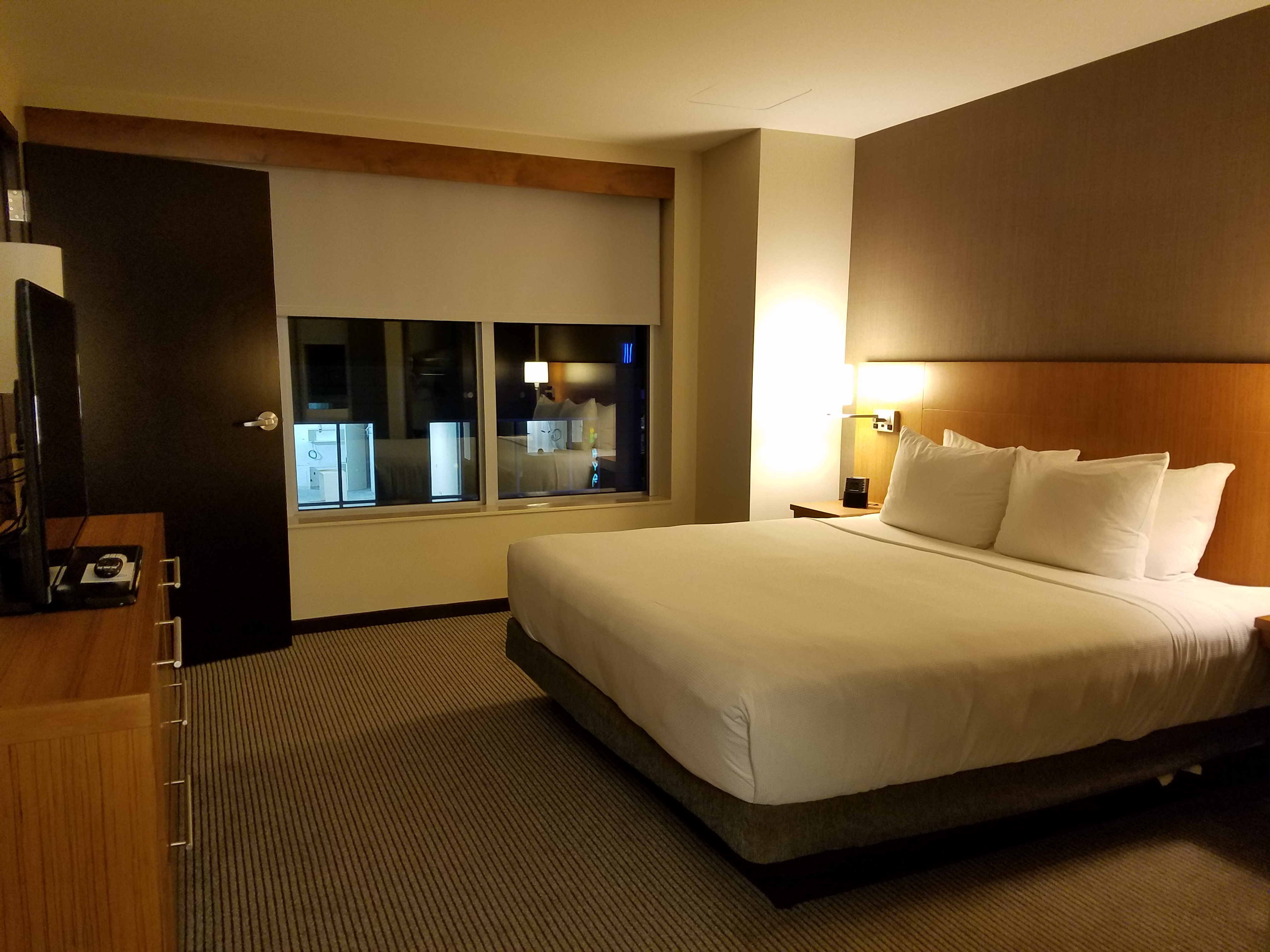
More Interesting Facts About Franchising Hyatt Place
Hyatt estimates $638,600 to $777,650 to acquire and install tech for a typical Hyatt Place: Opera property management system, point of sale, revenue management, key locks, phones, in-room entertainment, high-speed internet, guest computers, hotel music, digital surveillance, and scent systems.
Hyatt takes vendor rebates, but says how they’re used. Hyatt requires most purchases to meet its “System Standards” and often steers owners to approved suppliers. It also admits:
- Hyatt and affiliates **may receive rebates, commissions, and other consideration from suppliers.
- But it says it will not take rebates based solely on an individual hotel’s volume unless it either forwards them to the hotel, uses them to reduce system services costs, or spends them for the benefit of the brand network.
- In 2024, Hyatt Corporation received $529,077 in rebates from food, beverage, and office suppliers to franchised Hyatt Place hotels and used the entire amount to offset system services costs.
Famously, a consortium owned by major hotel chains was sued over requiring francises to make purchases through them, allegedly taking kickbacks from vendors and keeping the money for themselves.

Hyatt gives owners a defined “Area of Protection” (exclusivity over a territory), but it’s narrow and short-lived.
- It’s typically just a few blocks in an urban core or up to about a 3-mile radius in some suburbs.
- It only lasts for a specific term, which usually ends three years after opening. After that, owners have zero territorial protection — Hyatt and its affiliates can approve other Hyatt Place hotels inside the vicinity.
- Even during the term, Hyatt carves out a portfolio-acquisition exception: if they or an affiliate buy a group of at least four hotels and one of them sits in the territory, they can convert that property to Hyatt Place and operate it as a direct competitor.
- There’s no protection from other brands, including future brand concepts – this is one reason hotel chains love adding brands so much.

If a Hyatt Place owner (or their affiliates) control the larger property footprint the hotel sits on, they can’t place porn shops or strip clubs next door. No pawn shops or check cashing businesses, liquor stores, marijuana dispensaries, or gaming businesses either – without written consent from Hyatt.
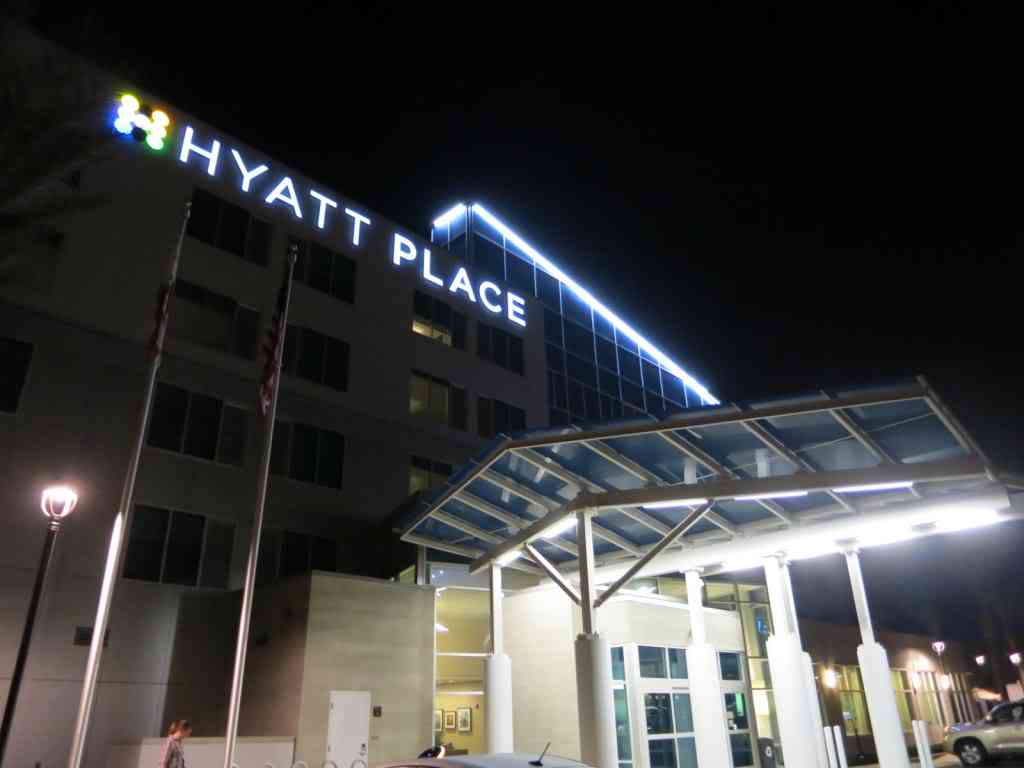
In addition, no bar, lounge, or similar venue can sit within 300 feet of the hotel’s interior footprint if more than 50% of its revenue comes from alcohol with Hyatt signs off, though they say they’ll only withhold consent if they reasonably think it will materially hurt guest experience.


Fascinating. I’d love to see what the costs to elites at full service Hyatt properties is, if you can ever get that info!
While we now know HP locations have a lot of WoH members, they don’t really have to offer any elite benefits, beyond 4pm checkout. Years ago top-tier Hyatt members also got 1,000 points per stay but that’s been gone for almost a decade.
I’d be interested in knowing whether it helps a Hyatt property if a guest fills out one of their questionnaires (favorably). We’ve been staying at a Hyatt Place a number of times and the staff is extremely welcoming. Remembering who we are, etc.
A few thoughts:
–Most of my Hyatt stays are at a Hyatt Place, usually because that’s all there is or a Hyatt Regency offers poor value in comparison (room rates too high, no free breakfast). HPs are the fastest-growing brand in the chain, yet frustrate elites like Globalists because they get the same bottle of water as lower-tier WOH members and there are no suite upgrades, free beer or anything else. Providing a little something extra like a food and beverage credit could push WOH revenue and loyalty higher.
–Interesting to see details about the so-called Quality Assurance Program. I’ve stayed in more than 20 HPs and the quality is all over the map, from wow to WTF. Some properties definitely show their whiskers and should have gotten a do-over or an attitude adjustment. Others make you look forward to the next day. There’s got to be more consistency across the brand. Hampton Inns, e.g., are more reliable in this regard.
–HP may have made a half-hearted attempt to limit breakfast to WOH members but I have never seen anyone asking for credentials or verifying. Most properties are not staffed for that. In any event, breakfast should be free to all. And it should offer more variety too.
The biggest problem with Hyatt Place and other Hyatt brands is the lack of points for F&B spending at a hotel. You’re supposed to get them unless a local jurisdiction has a law or ordinance against incentivizing alcohol. In actuality, more than 90% of Hyatt properties do NOT award points for F&B even though they’re supposed to. Meanwhile, IHG and Marriott properties in the same market do award points for F&B.
Stayed in one at Krakow, Poland as it’s the closest city to Auschwitz. It was a pretty decent property for a 4 star property.
I stay mainly with Hyatt, although not frequently at HP. This info is very interesting.
I’m often called a ‘globalist’ by my haters, yet, I check my Hyatt account, and say to myself: I wish! (Explorist at best.)
It feels like Hyatt is quickly going down the road that ruined Marriott.
I will end the year with over 80 Hyatt night stays but don’t often stay at Hyatt Place. I often wonder how many Globalists are in the hotel at the same time as me. Sometimes I go months on end getting a suite everything across the country and then I have a run with no suites, Hyatt Regency Vancouver all suites under construction at once, really disappointing. Hyatt Regency Calgary, dance competition, no suites. Just returned from Chicago Athletic Club, two weddings no suites. Some hotels just don’t seem to care about suite upgrades.
“This creates a lot of noice ”
What?
I’d note that this write-up misses one key benefit, which Hyatt hotels (including but not limited to Hyatt Place) have been gaming more and more aggressively: that’s the ability to book “any standard room” with points if it’s available.
The game is defining standard rooms more and more narrowly. A great example is Hyatt Place Long Island City: rooms “with sofa bed” are standard. Rooms either without a sofa bed (which are CHEAPER in cash), or with a sofa/trundle bed (which are the same price in cash), are not. So in the month of December, there’s exactly three weekday nights bookable on points right now.
Do other non HH/HP properties actually have to bear the full cost of breakfasts for globalists? I was under the impression they received some sort of compensation from Hyatt.
If Hyatt Place owners are having to be dragged into compliance, and as you say they don’t really need to do much for globalists aside from the crappy breakfast often included for all and late checkout, yet benefit more than other brands from the pressure to requalify and maybe a little halo effect, then what hope to we have for good treatment at more upscale brands?
For me, the elite juice is no longer worth the squeeze, especially now that we no longer have an unlimited supply of UR from Inks to throw at cat 1-2 HPs. No way I’m paying a premium to stay at some garbage cookie cutter HP just to requalify. Adios, Pritzkers.
HP is OK if there are no other Hyatt’s in the area. But they’ve have to get more consistency in the quality of their breakfasts. Some offer “scrambled eggs” that are nothing but dry egg crumbles; some offer metal utensils while others have plastic ware; some have staff constantly making sure everything is full and fresh while others have a closed window on the buffet and no one monitoring it.
I live in in Europe… Lifetime Diamond with Hilton, so that will be my first choice, particularly in Asia and the Middle East where they have very good executive lounges that I can use. Marriott used to be the #2, and I had mid level status there, but I got tired of the lousy breakfast at the Courtyards, and the whole mess of downgrading the rewards system. I’m now using Hyatt as my #2. Hyatt Place for USA and some of Europe…and then Regency or higher in ME and Asia… So far, very pleased, and I like the the ‘modern’ room designs, and I like couches in Hyatt Place, as it very comfortable for relaxing in the evenings. However…one exception, a couple old Hyatt Places in the USA that on the weekends were full of pot-smoking, partying scum that stunk up the elevators and rooms (do pot smokers not realise that they stink ?). I find this also in other mid level hotels in the USA….damn stinking potheads everywhere.
Hyatt is quickly diluting the advantage they had not that long ago over Marriott and hilton. Our recent stays at hp were not noticable improvements over Hampton inn. That’s not a good sign. Both have very poor breakfasts, to the point now where I don’t bother. Just put out coffee, fruit and cereal. The rest of it is low quality slop.
@ SamChevre — the gaming issue is really one that Hyatt needs to solve. The issue you identified is not as bad as some other hotels, where they will literally change rooms from “King Bed” to “King Bed with view” depending on whether they want to make standard / points-bookable rooms available. The room itself doesn’t change, just the name
As a Globalist, I can agree with almost all the weaknesses in the program identified above. Lack of meaningful elite recognition at HP, bad breakfasts at HP and Hyatt House, and award room availability games. I would add that the recent spike in award prices at US hotels is also problematic. It’s mostly caused by America’s sky high hotel prices, but makes the Globalist benefits at good hotels less obtainable if you don’t do much traveling overseas.
Totally agree with @Jeff above. 10+ years ago I found Hyatt Place/Hyatt House to be ok. Coffee wasn’t great but drinkable. HP stays over the last two years have been terrible. Most recent stay at Hyatt House Virginia Beach had such a terrible breakfast that we paid $ to eat breakfast and drink not good (but not old watered down coffee grind like HH) but ok coffee at Embassy Suites our daughter was staying at. By staying at many affordable HP I became a globalist. I don’t think I will be loyal anymore.
Ran into Gary at PH Hadahaa and 9yrs ago during the good ol days. I’m sitting at an Andaz in Asia after being at PH in Asia and we have been at Marriott and Hiltons during the trip. Hyatt has given us the least value IN ASIA which is extremely disappointing. My wife is a 100+ night Globalist spending over 20k this year with Hyatt so I’m really considering free agency HARD after this trip. Maybe the pendulum will swing back if enough people ditch the concept of loyalty